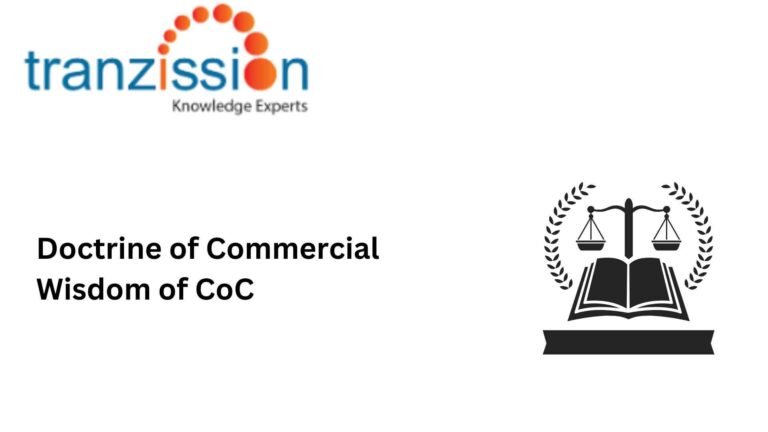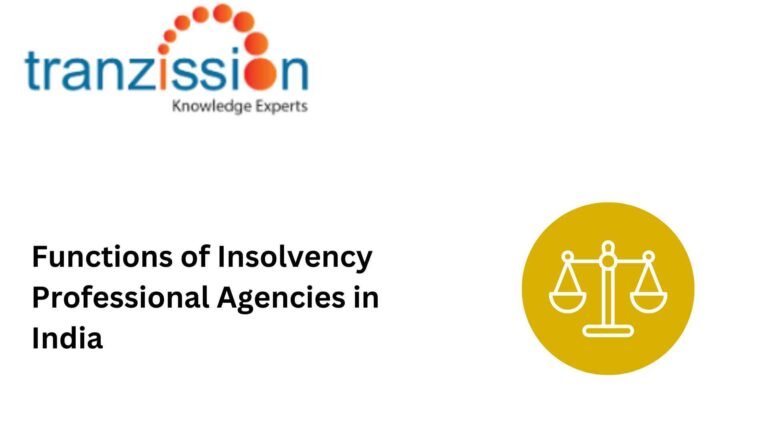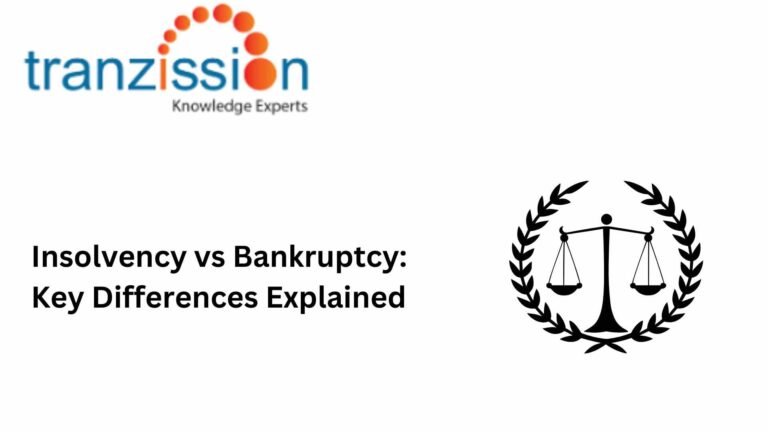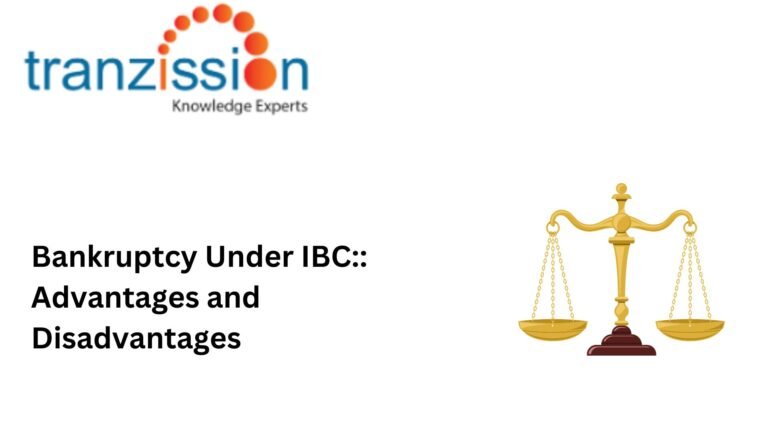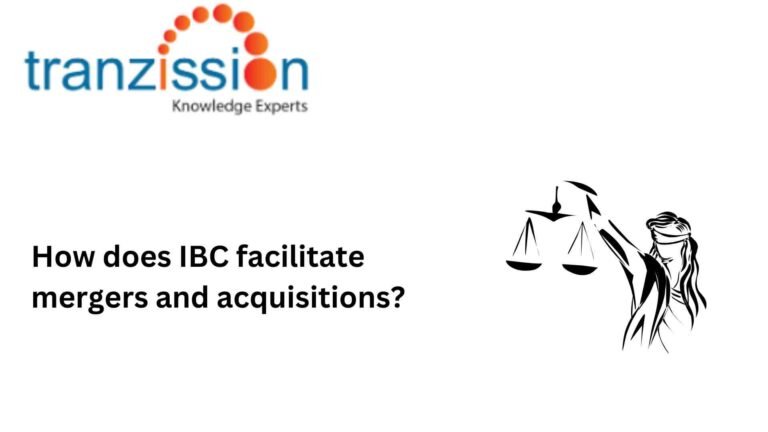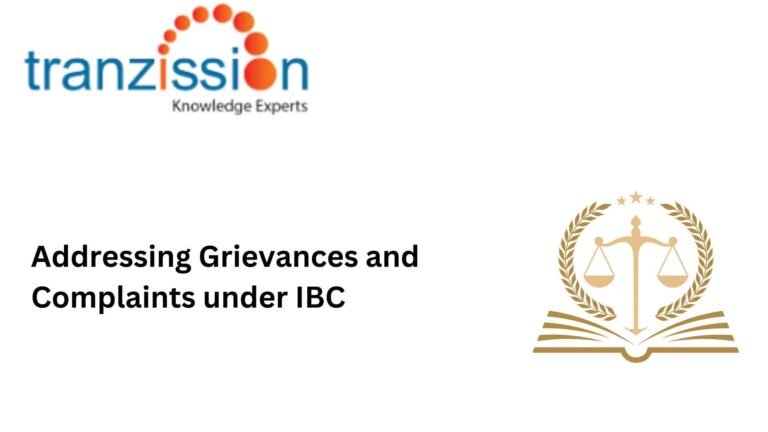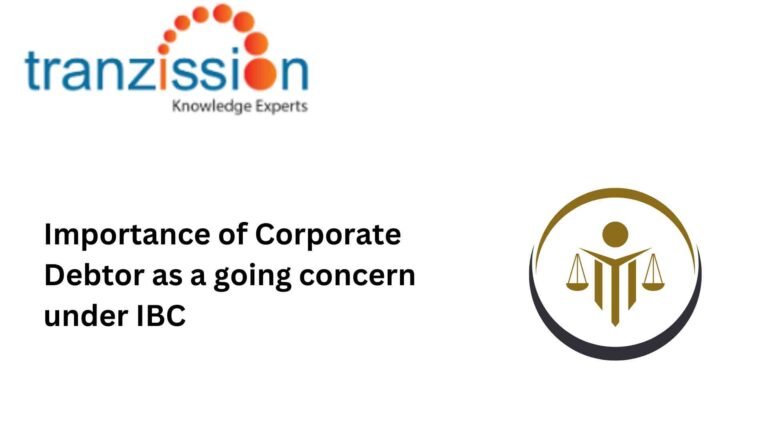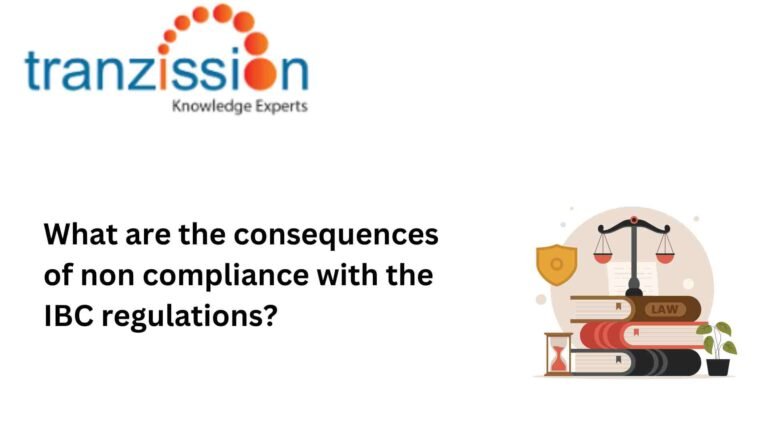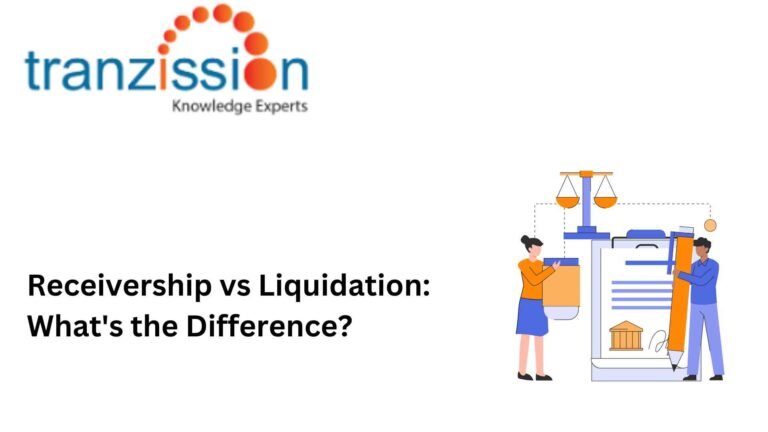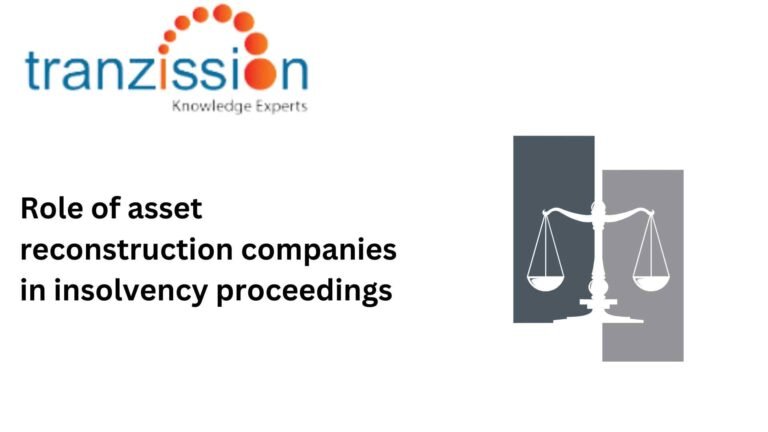Doctrine of Commercial Wisdom of CoC
The enactment of the Insolvency and Bankruptcy Code, 2016 (the IBC) is a revolutionary legislation in insolvency law. The…
Functions of Insolvency Professional Agencies in India
Insolvency and bankruptcy laws were consolidated in 2016 through the Insolvency and Bankruptcy Code, 2016. Insolvency Professional Agencies was…
Insolvency vs Bankruptcy: Key Differences Explained
When a company or individual cannot pay their debts, they may undergo proceedings under the Insolvency and Bankruptcy Code,…
Bankruptcy Under IBC: Advantages and Disadvantages
Individuals and businesses facing financial distress need to make a well-informed decision of whether to undergo bankruptcy proceedings under…
How does IBC facilitate mergers and acquisitions?
The enactment of the Insolvency and Bankruptcy Code (IBC) in 2016 has introduced significant reforms to the insolvency framework…
Addressing Grievances and Complaints under IBC
The Insolvency and Bankruptcy Code, 2016 (the IBC) and the Insolvency and Bankruptcy Board of India (Grievances and Complaints…
Importance of the Corporate Debtor as a going concern under IBC
The Insolvency and Bankruptcy Code, 2016 was established to resolve the financial issues of the corporate debtor as a…
What are the consequences of non compliance with the IBC regulations?
Insolvency laws in India have strict regulations regarding document submission, the responsibilities of insolvency professionals, actions of all stakeholders,…
Receivership vs Liquidation: What’s the Difference?
When the resolution process fails, the insolvency framework in India mandates that the company’s assets be liquidated. Receivership vs…
Role of asset reconstruction companies in insolvency proceedings
The Insolvency and Bankruptcy Code, 2016 (IBC) aims to revive, restructure, or rehabilitate insolvent companies. Insolvent companies face several…
